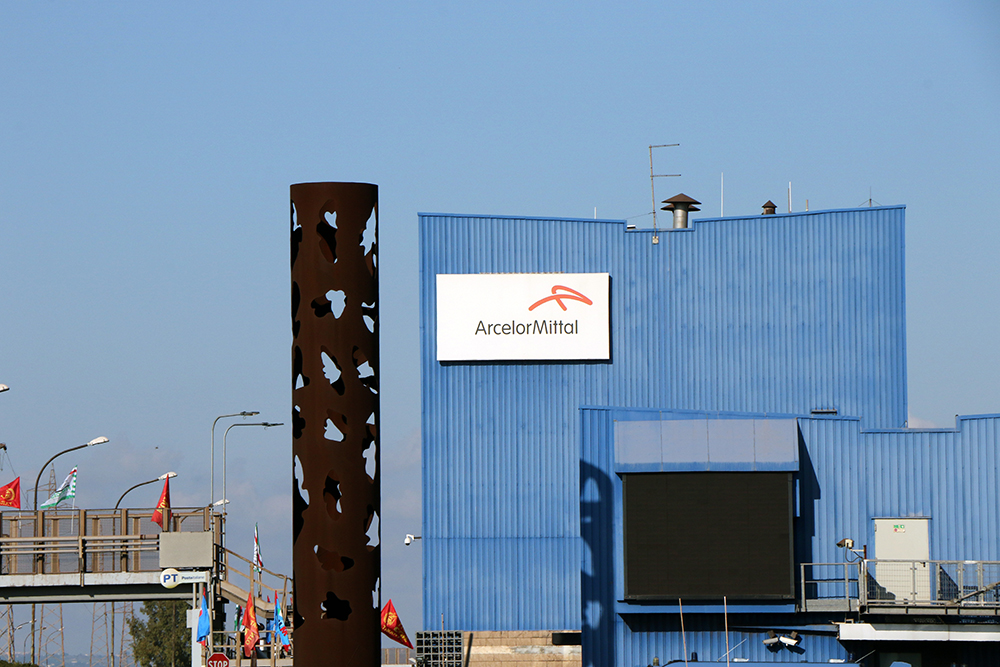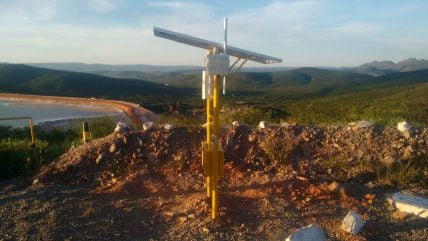A drop in steel demand throughout Europe proved the reason for ArcelorMittal temporarily suspending output at its Bosnia plant. The company remains a leading player in the steel industry, making approximately 700,000 tons of liquid steel every year and employing 2,200 workers. According to this report, company management moved to halt production due to a drop in European demand. The company stated that the decline began with the Russian invasion of Ukraine in 2022, but added that an increase in energy prices, higher output costs, and surging inflation also contributed to the decision.
The ArcelorMittal facility located in the central town of Zenica announced the suspension of its High Oven operations on November 11. Subsequently, the site systematically reduced output in other units, having thoroughly evaluated all available options. That said, management nurtured some hope in its employees, saying it would resume operations when enough demand returns to sustain business operations.
Local media reports also indicate that workers of long steel products at ArcelorMittal Zenica were launching a strike for higher pay. The company previously claimed it increased worker salaries by an average 32% since 2020, keeping in mind overall inflation.
Could the ArcelorMittal halt make steel prices fluctuate further? Subscribe to MetalMiner’s free weekly newsletter now and stay informed.
Multiple Issues Contributed to the Decision
Just a few days ago, ArcelorMittal posted a 6.44% drop in net income to US $929 million in the third quarter. The company mainly attributed the fall to a decrease in steel shipments. It’s also important to note that the Luxembourg-based company follows the January-December period as its fiscal year. For instance, during the same period last year, ArcelorMittal reported a net income of US $993 million.
While it reported a net income of US $ 1,860 million in Q2 2023, the figure dropped in Q3 2023 due to negative price-cost effects and a -3.7% sequential decrease in steel shipments to 13.7 MT. The company claims this led to a drop in operating income to US $1.2 billion in Q3 2023, $1.9 billion in Q2 2023, and US $1.7 billion in Q3 2022.

On its decision to halt operations in Bosnia, ArcelorMittal reported that demand dropped significantly in the second half of 2023. Additionally, predictions indicated the persistence of this adverse cycle, driven by ongoing economic uncertainty stemming from elevated inflation. Furthermore, Arcelor believed that protective measures enforced by the European Union restricted sales quotas. The fact that steel manufacturers also had to contend with the competition posed by less expensive steel products imported from Turkey didn’t help matters either.
Omarska Adds Another Layer of Complications
Amid all this, another major hurdle crept up: the concentration of the metal in the iron ore obtained from the Omarska mines supplying the plant recently dropped from 53% to 46%. This meant the corporation would need to buy larger quantities of ore to produce the same quantity of metal. The company stated that it ceased deliveries from the iron ore mines for the duration of the production suspension. The Omarska mines, situated further north, employ approximately 850 workers, and rely entirely on ore sales to the Zenica plant. Despite the worker unions declaring a general strike to seek a new bargaining deal, the group considered postponing the stoppage in light of the company’s production halt.
Harness data to forge a path to success in metal sourcing using MetalMiner Insights’ powerful long-term and short-term forecasting. Ready to learn more?
ArcelorMittal Strikes Deal With Schneider Electric
Meanwhile, ArcelorMittal recently struck a pact with energy management and automation company Schneider Electric. In a press statement, the steel company said it will provide Schneider Electric with XCarb recycled and renewably-produced steel for its electrical cabinets and enclosures.

ArcelorMittal produces XCarb, a recycled and renewably-produced steel, at its site in Sestao, Spain. The manufacturing process uses a high base of recycled steel in an electric arc furnace run using 100% renewable electricity. This results in greatly reduced CO₂ emissions. In fact, reports indicate emission rates were about 70% less than products manufactured without using XCarb recycled and renewably-produced steel. Overall, the company’s Europe unit hopes to cut down CO2 emissions by 35% before the year 2030.
Start saving on COGS. Explore MetalMiner’s full metal catalog and start getting metal price forecasts customized to your specific metal types and forms.




